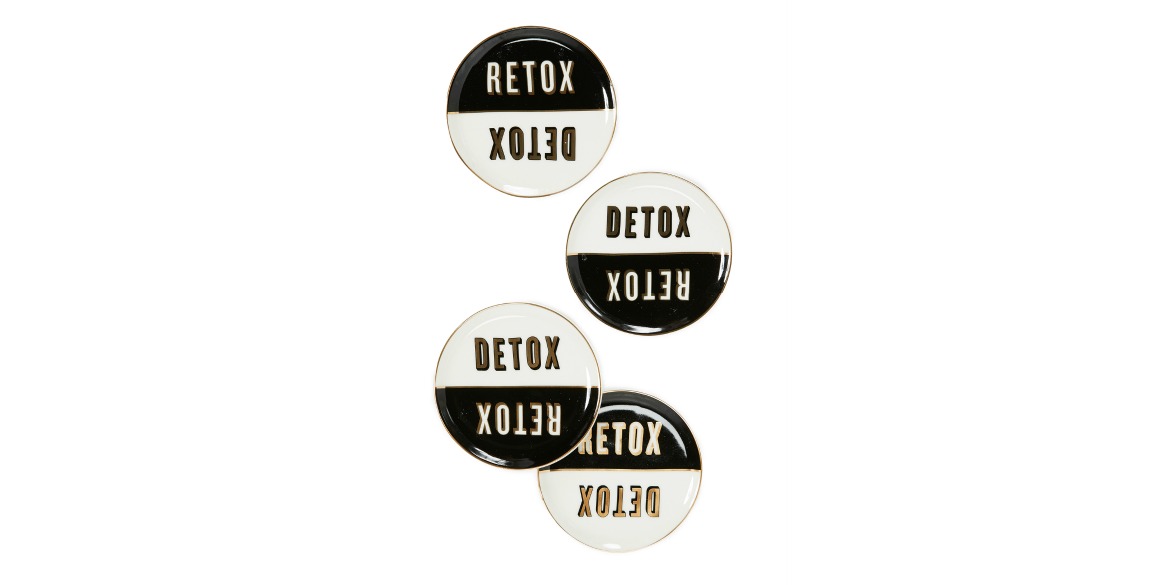Twenty years ago, it was cigarettes. It's still cigarettes, just in a different form. Among the beer cans and remnants of rolling papers littered across the grass at the University of Vermont, one can find a few used Juul pods. I didn’t realize how problematic these tiny pieces of plastic were until I hit one riding my bike down the main roads at my college campus and popped my tire.
Among my anger and frustration, I sat down and examined the wedge of plastic sticking out of my tire. How can a tiny piece of plastic be that problematic? And why are Juuls just now becoming a problem on college campuses across the U.S.?
My parents were pack-a-day smokers growing up, so I know how destructive nicotine can be. One of my most clear memories was being left to play with my toys alone while my parents went to the garage for a smoke break. The pattern became so intertwined in my brain that when my I visted my friends house, I was shocked to see that not all parents were addicted to smoking as much as mine were. I knew the statistics about smokers and cancer and when I asked my parents why they couldn't stop they replied: 'it's not that easy.'
At the University of Vermont, you can’t walk more than ten feet without seeing someone letting out a plume of vapor from a flash-drive like device. Students stand next to signs that read ‘UVM is a smoke-free campus; a healthy place to live and learn’ while chatting about the newest pod flavor to hit the market. Vapes and Juuls are my generation’s cigarettes—just another adolescent addiction. But college students hold a new and frankly terrifying perception about Juuls: ‘they’re not cigs, so they can’t be as bad!’
Shop Master Clense Coaster Set here!
Juuls were originally created as an alternative for cigarette smokers. The Juul company clearly states that their intended audience is not youths, nor is it nonsmokers looking for nicotine. But in 2017, the Food and Drug Administration reported that nearly 2.1 million middle and high school students were actively using e-cigarettes. The Surgeon General reported that by 2014, the number of e-cigarette users aged 18-24 surpassed that of adults over age 25. One of the main reasons for this pattern was a ‘low perceived risk of e-cigarettes compared to conventional tobacco products.’
Comparing the health effects of conventional cigarettes and e-cigarettes is like comparing apples to oranges. E-cigarettes lessen a user’s exposure to many of the harmful components of ash produced with a cigarette, but e-cigs are not merely as harmless as ‘just water vapor.’ Both e-cigs and conventional cigarettes contain nicotine, an addictive neurotoxin. The National Institute of Health cautions against the possible carcinogenic properties of nicotine. Studies have shown that nicotine exposure can present harmful effects to fetal development if used during pregnancy. So even if e-cigs don’t expose a smoker to many of the harmful compounds in conventional cigarettes (like lead, arsenic, benzene, and ammonia), exposure to nicotine still can present adverse health effects.
As much as companies like Juul try to market solely to cigarette users, there's no possible way to disincentivize a college student from taking ‘just one hit’ at a party.
If you vape, you can also expect to welcome propylene glycol, nitrosamines, and acetaldehyde into your system. I suppose the moral of the story here is that if you can’t pronounce it, you probably shouldn’t put it in my body. So why would college students, especially non-smokers, ever want to go near a Juul knowing the adverse health effects? How does someone on a limited college-budget fork over around $240 a month to pay for this expensive hobby?
Herein lies the problem with drug culture: you can’t stop adolescents from experimenting. As much as companies like Juul try to market solely to cigarette users, there is no possible way to disincentivize a college student from taking ‘just one hit’ at a party. For someone who may not easily fit into the complex social fabric, a Juul can be an easy way to make friends and fit into a new persona. Additionally, nicotine can help distract students from the stress of classes. But, if this is the primary reason people are smoking e-cigs, shouldn’t we be doing something about colleges themselves?
Ending nicotine on college campuses is clearly a shot in the dark. But, as disgusted as I am with drug culture at UVM, I still think there's powering in telling the story of how it impacts the people around you and the entire college community. The best we can try to do is to bring awareness to the cost of using Juuls and help students realize that smoking is too harmful to be justified by just ‘trying to fit in.’
Sara is a managing editor at bSmart and Environmental Law student at the University of Vermont. Outside of her studies, she enjoys spending time with her horses, doing yoga, and cooking.






Comments (0)